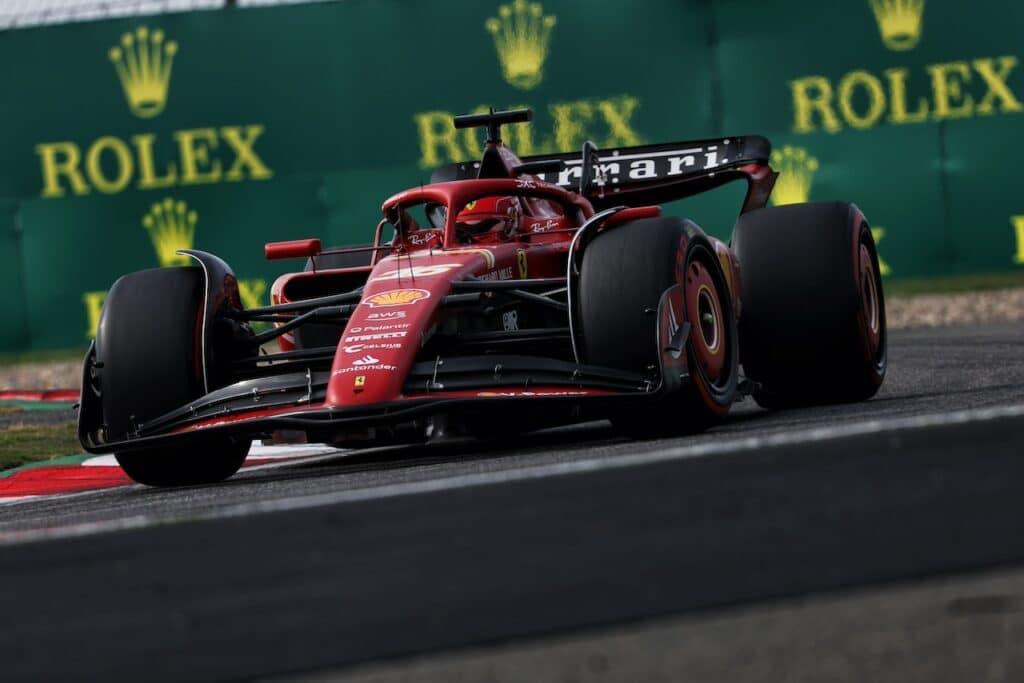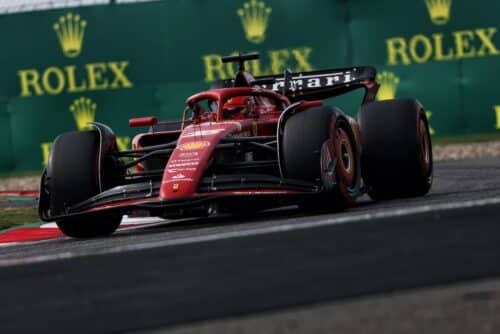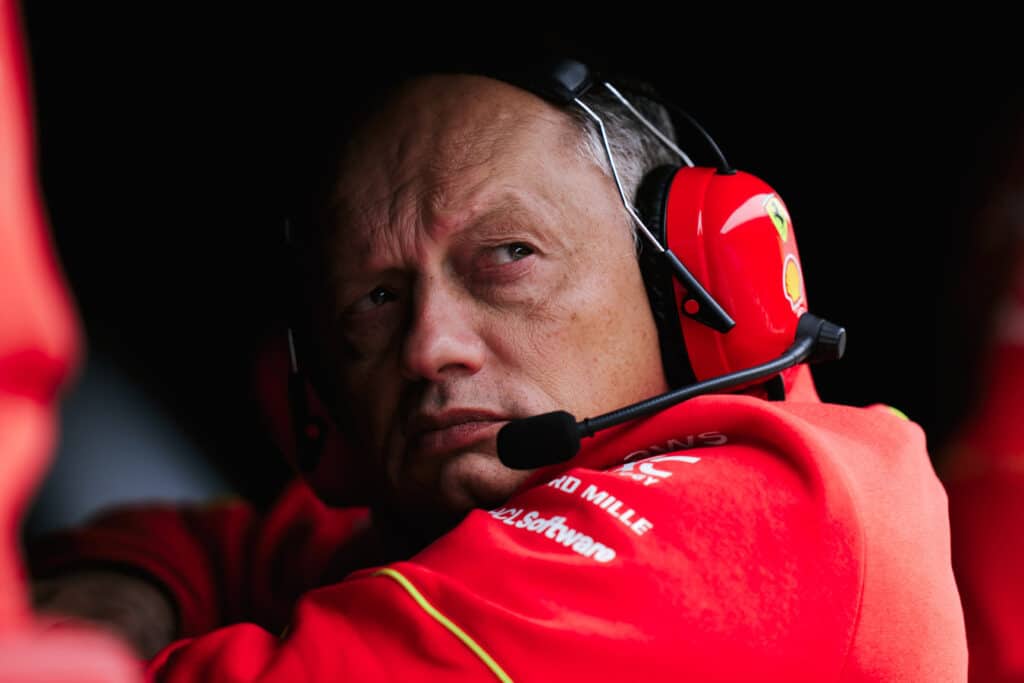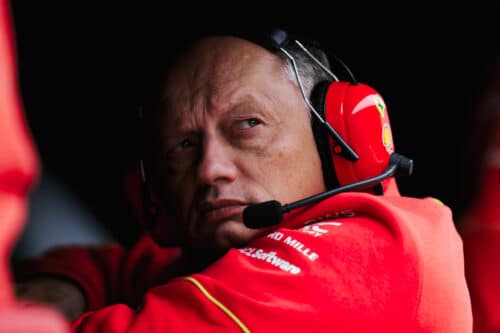Barhain is no more (for now). But what still remains of Formula 1?
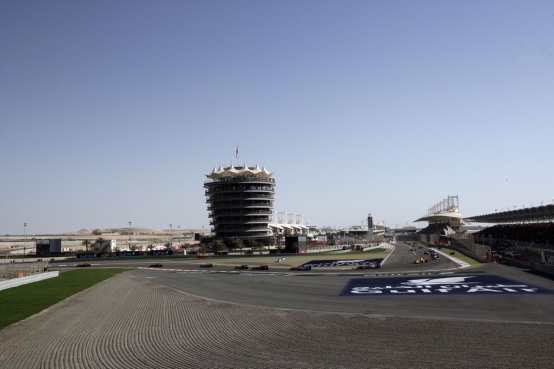
Well, after days of waiting and anxiety, the Prince of Bahrain has seen fit to cancel the inaugural GP of the 2011 vintage.
So, after the tests scheduled for March 3rd to 6th (filming will take place again in Barcelona), the race was also cancelled.
Nothing to say about the decision, for goodness sake. Faced with political issues and, unfortunately, numerous victims, sport absolutely takes a back seat. The choice to cancel (or at least postpone) the race in the Sakhir desert was legitimate and correct.
A miss in the middle
But, beyond the political questions which we do not want to delve into (also because the writer candidly admits that he does not have the necessary preparation), here we are talking about sport. And we have to write about the sporting aspect.
Therefore. Raise your hand if you will miss this GP. Perhaps those who have been waiting for three months for the start of the World Cup will have to wait another two weeks, for Melbourne (Australia), March 27th morning.
For the rest it almost seems like a sigh of relief. Let's be clear, what happened in Bahrain could have happened in any other country, and any other GP would therefore have been cancelled. But speaking purely of the sporting side of the issue, it is incredible how the majority of fans do not tear their clothes up for a similar (albeit temporary) loss. Think what it would mean to cancel Monza.
Obviously, everyone would have preferred that nothing had happened and that it hadn't reached this point. But anyway, we're here, and the fact that Bahrain is the GP that is skipped doesn't create any major inconveniences. And the reason is clear to everyone.
For 10 years now we have been witnessing the export of product Formula 1 (it is no coincidence that we wrote 'product') in places where motoring culture and tradition do not exist. We started with Malaysia (1999), then went to China, Bahrain, USA (they will always thank us for 2005), Turkey, Singapore, Spain (Valencia), Korea, Abu Dhabi, this year it will be India's turn . Everything, exclusively, for money (Uncle Bernie's, obviously).
Nostalgia..
10 years have passed, in fact, and a question strikes us: what have these new frontiers given to Formula 1, understood as a sport? Absolutely NOTHING.
Many of the new circuits introduced in recent years have been built 'focusing' on safety. We witness kilometre-long escape routes, in which if there wasn't a white line we wouldn't understand where the runway ends. Perhaps a little exaggerated given that there is no longer even that strip of grass/sand that would make those who make a mistake waste some time. Nothing to say on the safety issue, but are we sure that it was necessary to build new plants, rather than modernize and consolidate those already present in other parts of Europe? Although, again with regards to safety, the contradiction is that it is filmed in Valencia and Singapore.
We go racing in Turkey, where the stands are empty, when Imola would be ready to fill every centimeter of grass to watch F1. We prefer to risk drowning in Korea when in Germany Hockenheim (raped, moreover) and Nurburgring alternate. We go to China when Spa risks cancellation every year.
Is it possible that we don't realize the direction in which Formula 1 is heading? The more the years pass, the more it seems like a game of use and consumption by the eighty-year-old owner, who, in defiance of traditions and the affection of the fans, shifts balances obtained over decades to solely derive personal profit. And we deliberately leave out the discussion of regulations/tests, to which we will dedicate more time.
Daydreaming (unfortunately)
We have a Europe full of historic tracks that would bring fans back to see the races live. Le Castellet, Le Mans, Estoril, Jerez, Imola, A1 Ring, and there are many others that we won't list. Yet we helplessly witness empty grandstands in the desert, plus indecent track performances due not only to the regulations, but also to tracks similar to go-kart tracks where in order to pass you almost have to hope for the mistake of those in front.
Think of a calendar like this:
Malaysia – Sepang
Australia – Melbourne
Brazil – Interlagos
Canada – Montreal
San Marino – Imola
Monaco – Monte Carlo
Spain - Barcelona
Portugal – Estoril
France – Le Castellet
England – Silverstone
'Europe' – Nurburgring
Germany – Hockenheim (the old one would be better..)
Belgium – Spa
Hungary – Budapest
Italy – Monza
Austria – A1 Ring
Spain (2) – Jerez
Japan – Suzuka
It's an example, let's be clear. Via China, Turkey, Bahrain, India, Korea, Abu Dhabi, Valencia, Singapore. In short, away with the tilkodromes and an F1 returned to its history. Obviously it wouldn't be enough to go back to the old tracks to return to the old F1, it would also require heavy work on a technical/sporting level. But it would be a step forward.
Definitely too much for an F1 in the hands of a master father. Tradition is priceless.
Alessandro Secchi
F1Grandprix.it
if you want to always be updated on our news
Follow us here
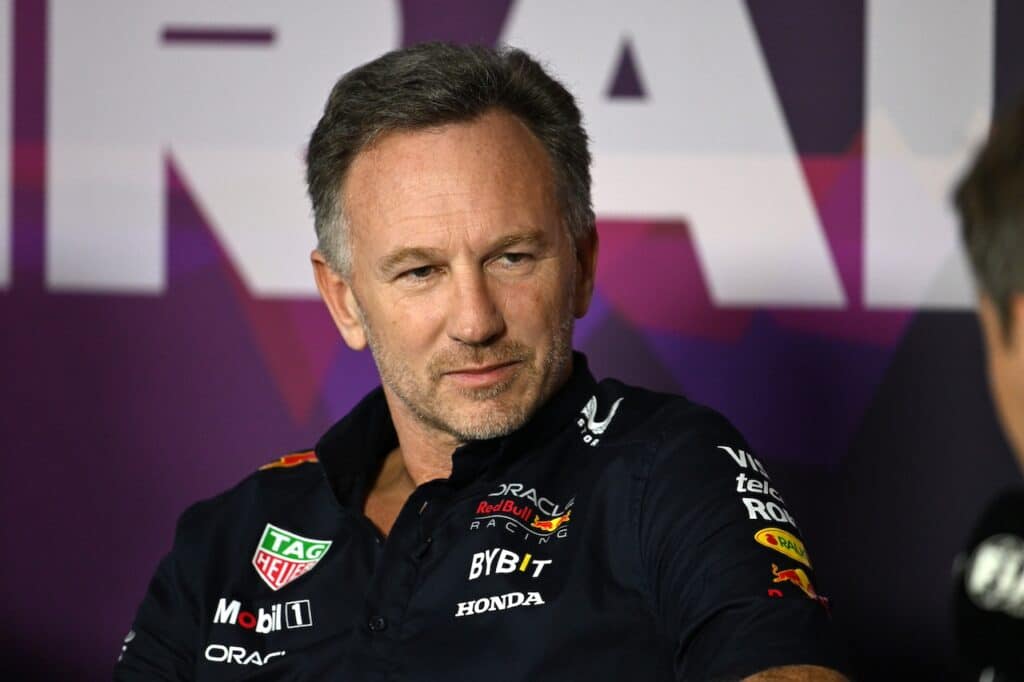
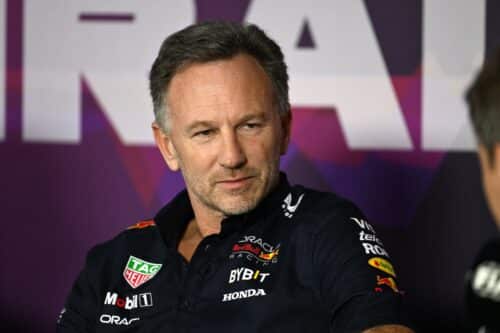
![Formula 1 | Focus: the special liveries in the history of Ferrari [PHOTO]](https://f1grandprix.motorionline.com/wp-content/uploads/2024/04/focus-ferrari7-1-1024x680.jpg)
![Formula 1 | Focus: the special liveries in the history of Ferrari [PHOTO]](https://f1grandprix.motorionline.com/wp-content/uploads/2024/04/focus-ferrari7-1-500x332.jpg)
